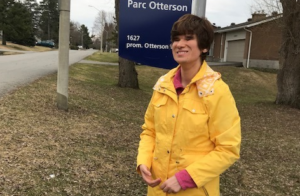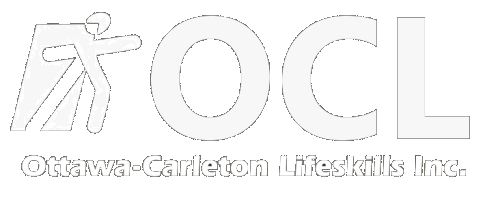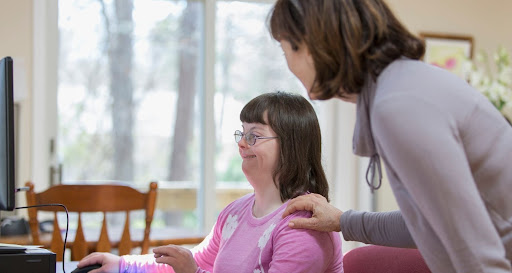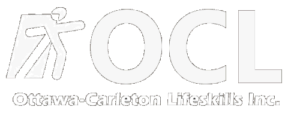Table of Contents
Disability programs for independent living empower persons with disabilities to take charge of their lives by providing them the same options as non-disabled individuals. People with disabilities prefer to continue living with their families, attend the local school, utilize public transportation, and work in occupations which align with their education and interests. They want neither pity nor humiliation.
Private programs provide an extensive array of services to fulfill the requirements of persons of all ages suffering from mental retardation, learning impairments, autism, Asperger’s Syndrome, emotional issues, brain damage, behavioural health and physical handicaps.
Disability programs for independent living foster self-respect, social acceptance and development. To make independence a reality, housing and transportation must be available along with work, training and leisure activities. Several agencies assist with clothing, housekeeping, cooking, commuting to work and even socializing.
The primary roles of resource centers for independent living for the disabled include:
Advocacy
Advocates work with the government, businesses, and service providers to solve problems like discrimination and persons being turned away from needed services. They suggest making changes to systems so they meet the needs of people with disabilities; they also help people with disabilities get in touch with the right social service providers.
Information and Referral
These resource centers are locations where information about disabilities can be found. They also refer people to the right places to help the community learn about disabilities and their issues.
Independent Living Skills
Here, people take classes to learn basic and advanced skills which help them become self-sufficient. Some classes teach credit counseling, how to run a house, how to go to school, how to communicate, how to be assertive, how to cook in a wheelchair, how to move around, how to maintain healthy nutrition and more.
Peer Counseling
Individual counseling, group counseling, and peer support all help people with different disabilities help each other. Peers help and support people with disabilities gain the skills and knowledge they need in order to deal with interpersonal, family, social, financial, interagency and other problems related to their disability.
Technical Assistance
Accessibility surveys are done by anyone who wants to change their home, business or public address. Independent living disability programs help people with disabilities learn how to live independently, plus have the freedom to choose how independent they want to be.
Choose OCL Independent Living Disability Programs
Adults with developmental impairments benefit from our assistance in achieving self-sufficiency and inclusion in their local communities. Through the use of a Person-Centered Approach (PCA), we assist people in formulating their life visions and objectives; we then collaborate with them, their loved ones, and community resources to help them realize their goals.
We use 4 major programs to help the people in our care: Residential Homes, Home Sharing, SIL and our Day Support Program. OCL offers support and opportunities which build self-development and interdependence with other Ottawa community members.
Visit us online or contact us at (613) 254-9400 for additional information about our independent living disability programs.



